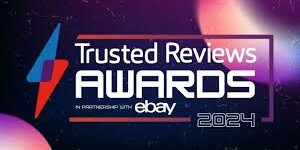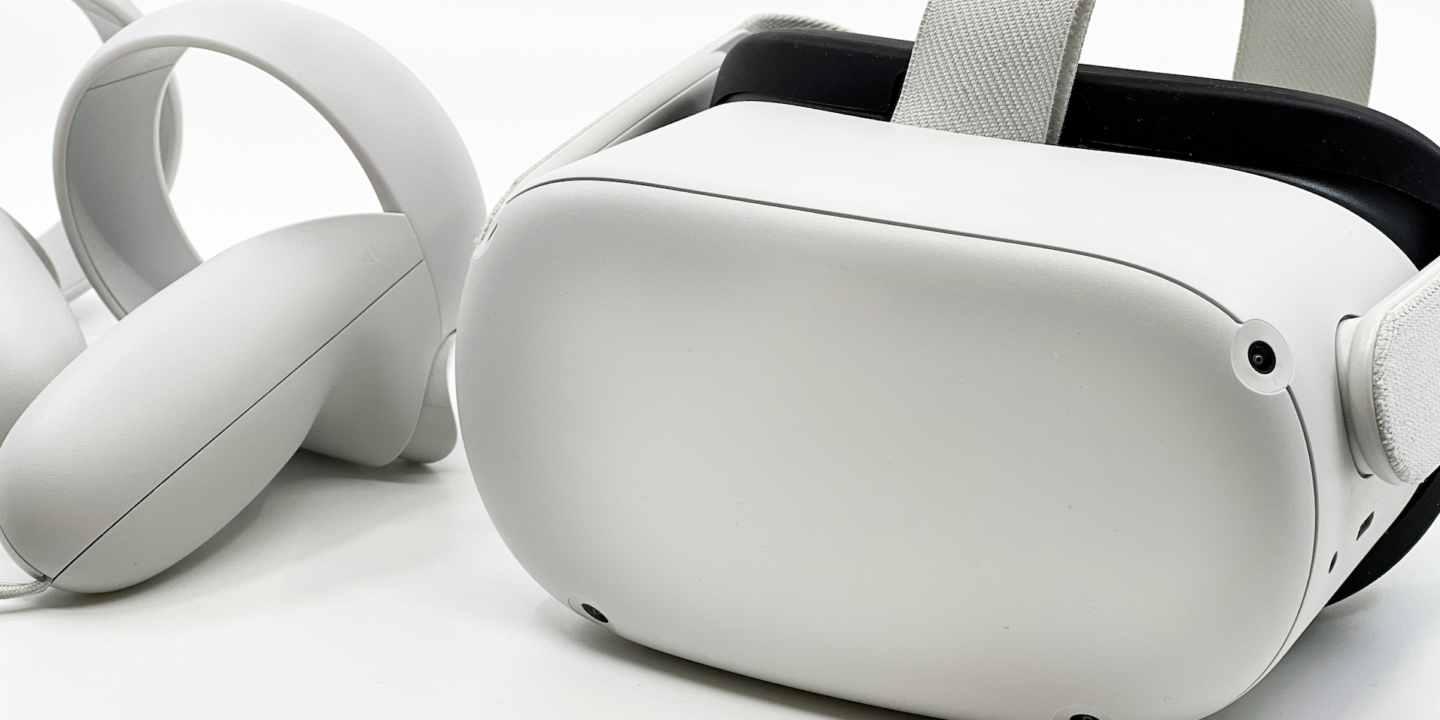A year ago today, Ranieri Agency welcomed its first virtual hire into the fold. One year, and several more appointments later, the hybrid workplace signals virtual recruitment is here to stay. Is it for everyone though? We asked three of our latest recruits about their experiences of the remote process.
Georgia Porter, Account Executive
I count myself lucky that I have been able to secure a job while the world is in such turmoil. Unlike many people in my age group in the PR industry, job hunting during a pandemic gave me a chance to seriously reflect on my next career move and ‘shop around’. I didn’t have too many financial outgoings to worry about and many recruiters were willing to go the extra mile to secure me a position.
I began my job hunt at the start of the year when so many interesting positions became available. Securing a first stage interview was a piece of cake. But just like buses, they all came along at once!
Perhaps controversially, I found myself enjoying zoom interviews. There was no travel involved, I only needed to be ‘presentable’ from the waist up, and all my notes on the company and position were just off camera. I also found myself craving human interaction, so having a chat with a total stranger became a welcome step back to normality…there is only so much to report to your family and partner who have seen your every move all day!
Being unemployed during lockdown started to have serious effects on my mental health. I found myself without a purpose between 9-5. So, when second stage interview tasks such as writing press releases and presenting a campaign idea started to appear in my inbox, I was excited to get my creative juices flowing once more.
Apart from a few frozen zoom screens in slightly embarrassing poses and interruptions from the many online shopping deliveries I received, virtual interviews get the thumbs up from me. After all, it’s the embarrassing moments that make for the best ice breakers and give you a chance to let your personality shine through.
Fleur McCoy, Senior Account Manager
Personally, I much preferred an IRL interview as I found the virtual process so much harder to get not only my personality across but also gauge the other person who was interviewing me, and whether it was going well or not!
I did have an interview for an in-house position with three people interviewing me. It was so carefully constructed on their side that it really threw me off. They would take it in turns to ask me questions but would ask the question, mute themselves whilst I answered, and then unmute themselves to say ‘thank you’ and then wait for the next question. It MASSIVELY stunted the flow of conversation, actually made me feel like it wouldn’t be a great team to work in if that’s how they conducted interviews.
I think virtual conversations are actually a better way to get a feel for the team themselves and how they work together, as you have to work harder to make everyone on the call feel at ease and get a rhythm going.
Sophie McGinness, Senior Account Executive
Although it’s difficult not to be able to meet people in person, there have been some amazing benefits to digital onboarding. I think my biggest worry was not being able to get to know my colleagues, but having had dedicated 1:1 calls with everyone I almost feel like I’ve got to know everyone on a personal level really quickly.
When you get a new job, there is almost always someone in the office you never quite got the chance to meet, but with the digital process, you get the chance to meet everyone properly.
Here are our 5 top tips for nailing an on-line interview:
1) Set up your space.
Yes, you can do your interview wearing formal clothes on top and PJs on bottom. But you still need to control how the illusion of you is coming across on a screen. Virtually, there will be fewer opportunities to infuse the conversation with your uniqueness and emotions. You can use your space, and your environment, to create a strong and lasting impression. Have a clean, uncluttered background, check your lighting and do a speed test.
2) Prepare for the unexpected.
Make sure you master your chosen platform for the interview (WebEx, Zoom, Microsoft Teams, etc). Keep notes handy, but don’t refer to them too often. During job interviews, it’s standard for recruiters to ask candidates for examples of their most impactful work. Don’t let this unnerve you in the moment. Create a printout or Word document of notes with crisp bullet points highlighting a few projects you want to share. Keep calm. If you feel stressed or overwhelmed at any point during the call, it’s okay to ask your recruiter for a moment to gather yourself.
3) Don’t perform a monologue, spark conversations.
Zoom calls can be monotonous. One of your main challenge during the interview will be keeping the conversation lively. Show genuine interest in their interviewer by asking questions. “How does the team communicate right now?” “What tools do you use to collaborate?” Some of the least engaging questions were ones that can be found online, such as, “Where is the company based?” or “What awards have you recently won?”
When you interview remotely, you’re going to be left with more questions than usual. Ask questions that demonstrate your values and priorities, while revealing vital bits of information about your personality. That said, don’t just ask about the office and your benefits. We suggest asking questions about the kind of technology you’ll have access to when working remotely, if you’d be working in a hybrid team, or how success is measured at the organisation.
Do some research and find common interests. Explore what kind of articles they post or share on LinkedIn, what groups they’re part of, what conferences they spoke at, or what kind of voluntary work they do.
4. Be authentic
When interviewing virtually, you have the rare opportunity to speak in a relaxing, familiar environment and show the interviewer who you are and why you’re the best person for the job. Recruiters will look for how you express yourself to understand whether you are a good fit for the company. Use tools like your body language, facial expressions and interview preparations to convey your confidence and personality as it relates to the position.
5. Follow up
After your interview, plan to send a well-timed follow-up. It’s good practice to send a follow-up email within 24 hours of an interview, thanking the interviewer for their time and letting them know you’re available if they have any additional questions. Reach out to the HR representative or hiring manager you’ve been speaking with to get a list of your interviewers’ emails.


